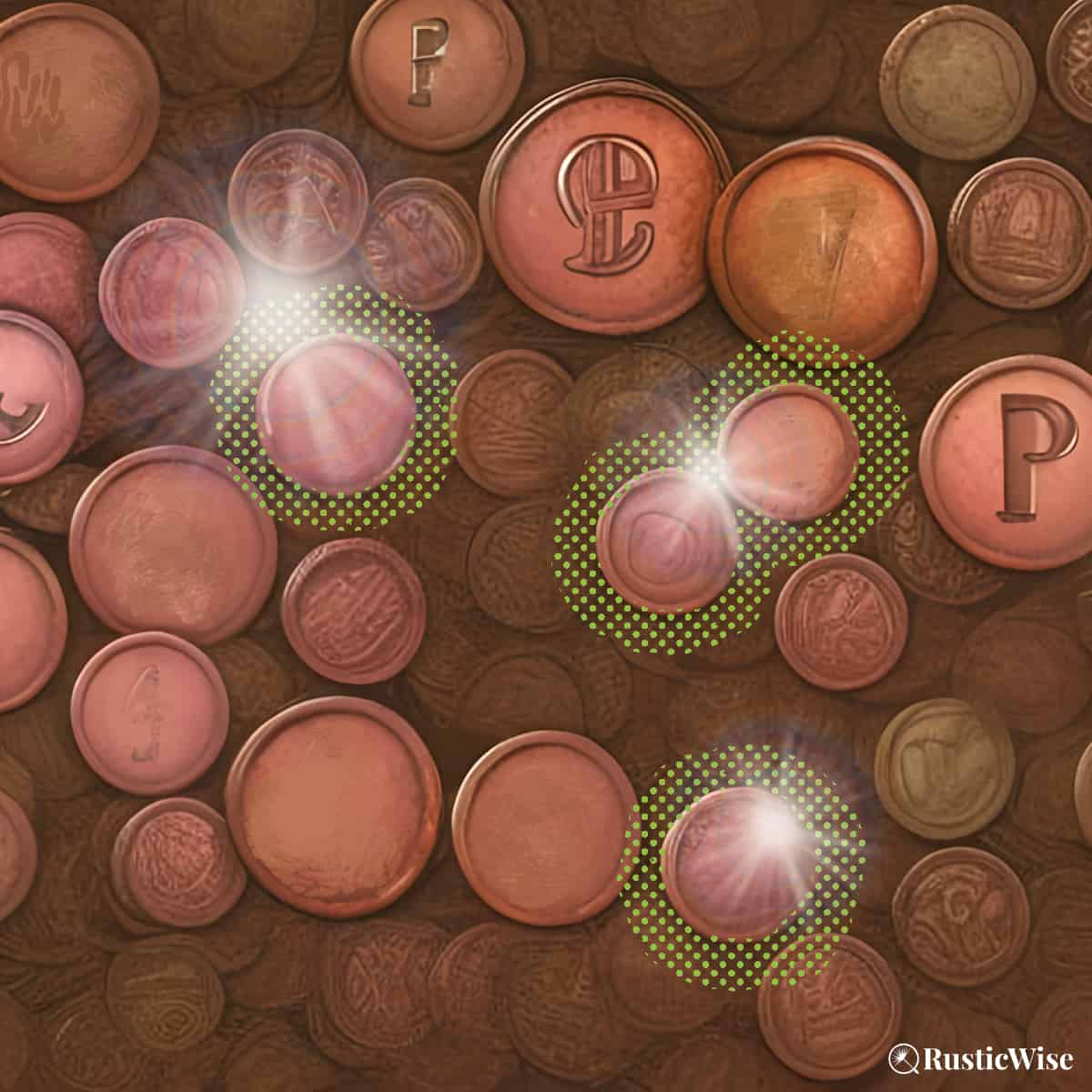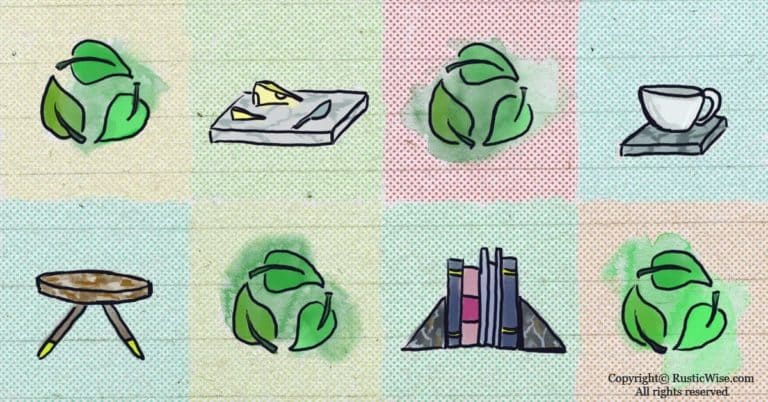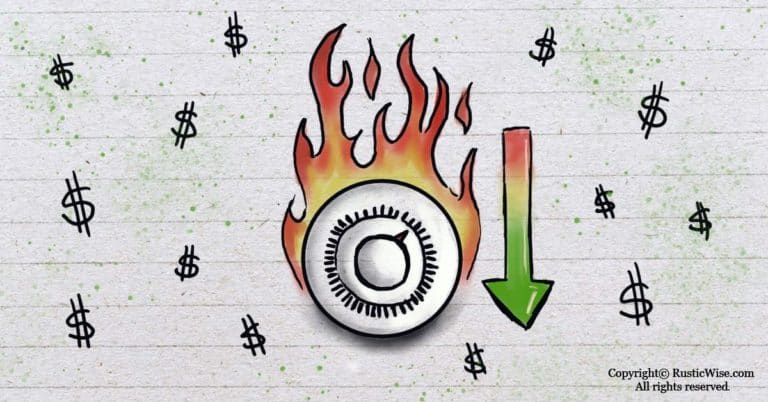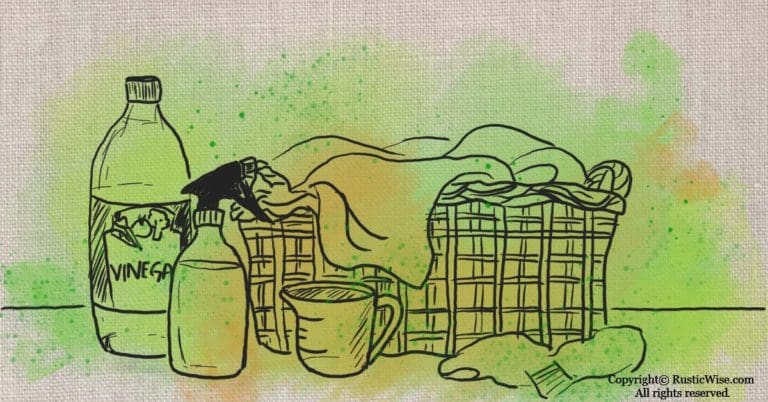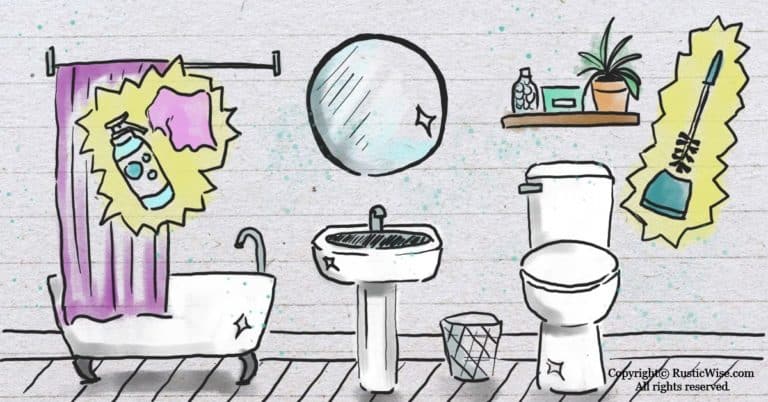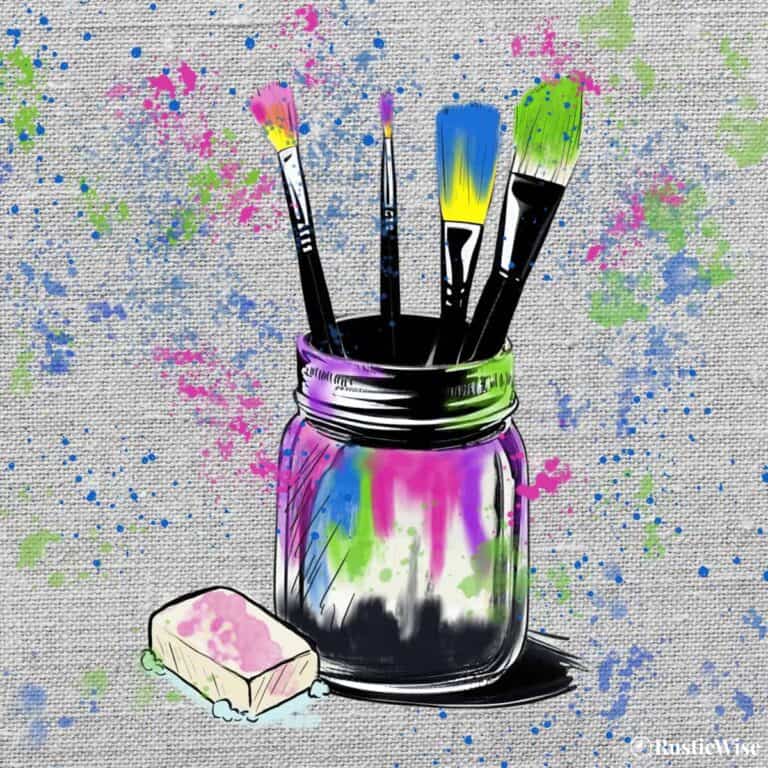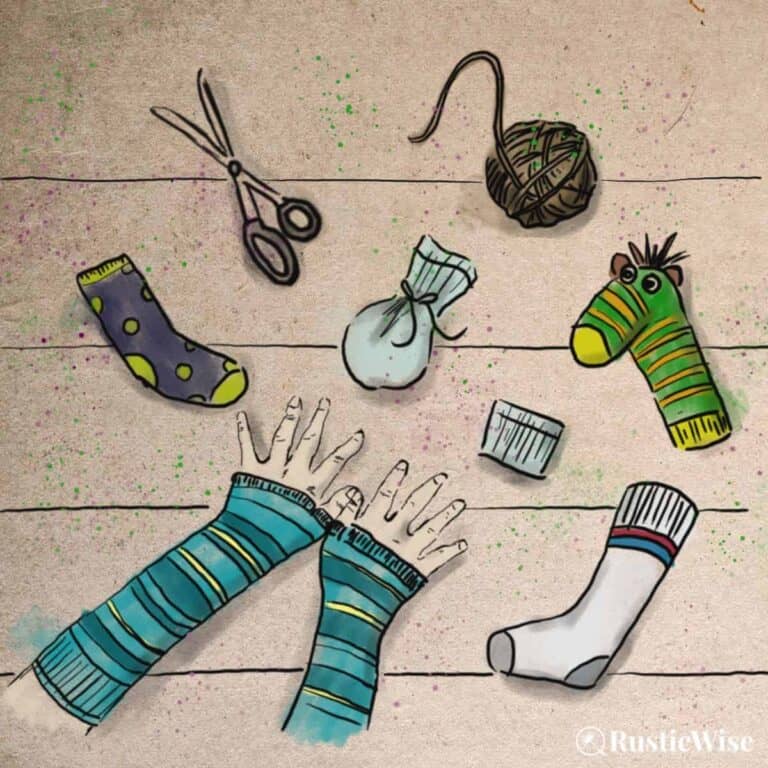Best Way To Clean Old Coins Using Everyday Products
If the idea of touching and using old, grimy coins grosses you out, you’ve come to the right place. Bills and coins have circulated through hundreds, perhaps thousands, of hands without ever getting cleaned.
Let’s go over the best way to clean old coins using common, inexpensive household products and methods. There are several ways to do this using a variety of ingredients, such as salt and vinegar, ketchup, coke, baking soda, and mild soap.
It’s important to note that this article focuses on cleaning everyday loose change, NOT valuable or collectible coins (which is a different beast altogether!).
Let’s look at some of these methods that can help you get your old coins looking great again so that you can continue to enjoy them, minus the ick-factor.
To clean or not to clean old coins
The first (and most important) guideline to keep in mind is to only clean modern coins with little value. The general consensus from coin collectors is that any cleaning of rare, collectible, older coins (such as real silver coins) can actually devalue them.
Many collectors want to clean their coins to improve the look, but is the extra work worth it? No, it appears. It’s very difficult to clean a rare coin without devaluing it. The coin could be worth more if it’s still in the original state—old patina, dirt, and all. Older coins are more susceptible to damage during cleaning. Abrasive cleaning products or scrubbing tools can scratch the surface of the coin.
So save yourself the hassle and let the coins in your special collection sit in all their grimy glory.
Tip: Take a look through your jar of coins. Separate any valuable coins from your everyday loose change, and store them in a dry, safe place. If you don’t know how to spot valuable coins, take your collection to a professional appraiser.
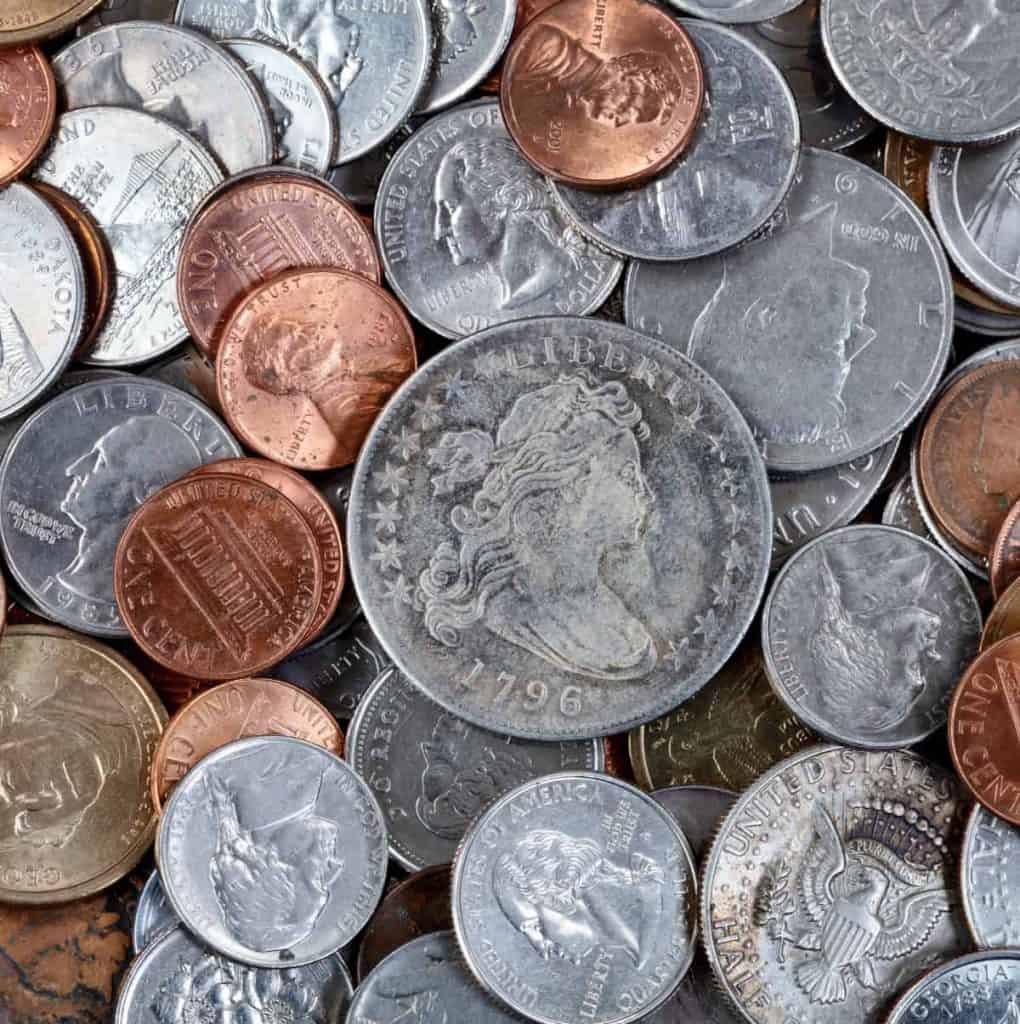
What coins are valuable?
This is by no means a comprehensive listing of valuable coins. However, if you sort through your American coin collection, you might be lucky enough to find:
- Morgan silver dollars: Not all vintages of Morgan silver dollars are collectibles, but even common ones are made of 90 percent silver, and are a beauty to behold.¹
- 1943 Lincoln Head Copper Penny: During the war, the U.S. mint started making these coins out of steel (rather than the normal copper and nickel). Watch out for counterfeits!¹
- Silver coins before 1964: Old coins were once comprised mainly of silver (around 90 percent). It’s not the case anymore. So, look for a Morgan silver dollar, a Mercury dime, or a Washington quarter—in vintages before 1964.¹
What are modern coins made of?
Today, they make coins of less expensive, more durable materials such as copper, nickel, and zinc.
According to the U.S. Mint, modern coins are consisting of a “sandwich” of different metals.
For example, quarters are “clad” which means they have an inner core of pure copper, and are sandwiched between outer layers of a copper and nickel combination. Same goes for dimes and half-dollars. Nickels are not clad, they are composed of just nickel.²
They make pennies with an outer layer of copper-plated zinc.
Fun fact: Most Canadian coins are composed of an inner core of steel, rather than copper.
Tips for cleaning coins
Want to clean everyday coins? Here are a few cleaning tips to keep in mind.
- Rinse cleaned coins with distilled water: Regular tap water may contain chlorine and other minerals which can discolor coins.
- Keep them dry: Dry coins with a soft cloth to remove excess water and give them a shine.
- Avoid using harsh chemical cleaners or abrasive scrubbing tools: Strong acidic cleaners, or abrasive cleaning products or tools (such as coarse steel wool or metal brushes) are no-nos. This may damage or devalue the coins. Instead, use an old toothbrush to clean tarnished coins, along with gentle, natural acidic products such as vinegar.
Best way to clean old coins using everyday products
As time passes, the coins in your wallet or coin purse may get a little dusty or dirty. It’s nothing to worry about, because there are simple ways to clean them up!
You can effectively clean coins in several ways. I’ll share the best ways to clean coins using products you likely already have in your pantry.
Let’s get started!
Cleaning tarnished coins with vinegar and salt (or lemon juice)
One of the easiest (and most satisfying ways) to get gleaming pennies is to use the power of vinegar combined with table salt. This method just requires a quick soak and rinse—no scrubbing required (unless you want to follow up with a baking soda scrub).
When plain white vinegar combines with salt, it forms a chemical reaction that helps to remove copper oxide (the bluish-green coloring) along with dirt and grime buildup.
Most bottles of distilled white vinegar contain roughly 5 percent acetic acid. This acetic acid gives this solution some cleaning power.
You can also use lemon juice instead of vinegar.
Supplies you’ll need:
- A non-metal container (such as a glass or plastic container)
- 1 cup of white vinegar
- 1 tablespoon of table salt
- Distilled water for rinsing
- Soft cloth for drying
- Measuring cups and spoons
Tip: The container you use should be large enough to lay the coins flat in a single layer without touching. You may need to do several batches if you have a lot of coins to clean.
- Combine 1 cup of white vinegar and 1 tablespoon of salt in a small bowl or measuring cup. Stir until the salt is completely dissolved.
- Pour the vinegar/salt solution into a non-reactive container.
- Place the dirty pennies into the container with the vinegar and salt. Ensure the pennies are lying in a single layer and not touching.
- Let the coins soak in the solution for 15 to 30 minutes.
- Remove from the container and rinse the coins with distilled water.
- Use a soft cloth to dry each coin.
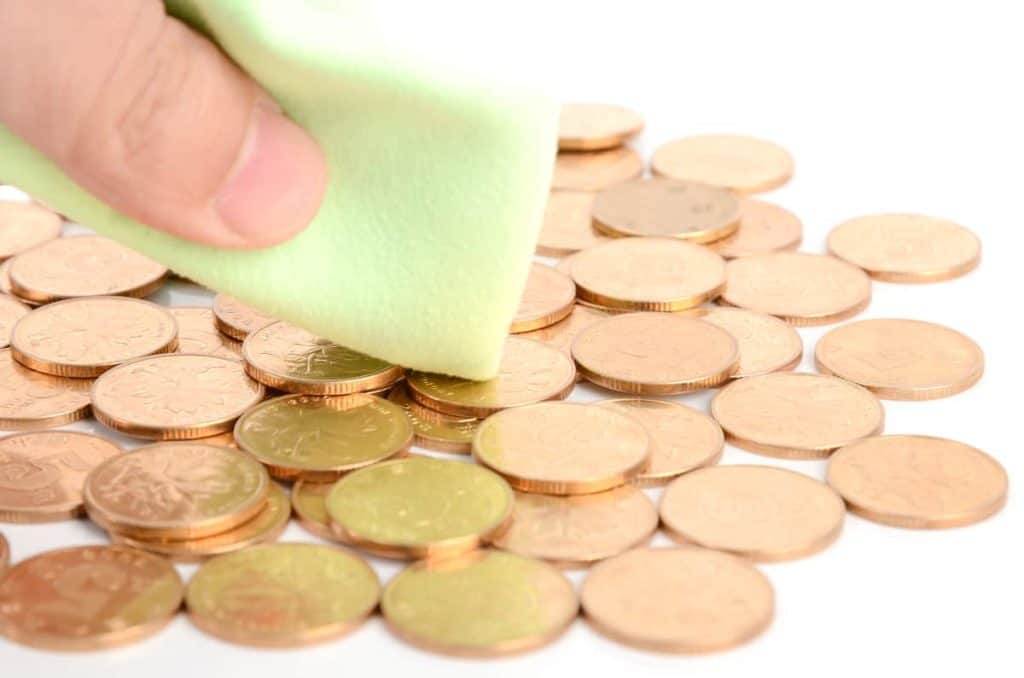
Remove tarnish with ketchup or hot sauce
This sounds like a weird internet remedy, but it really works! The salt and vinegar (acetic acid) found in ketchup, hot sauce (and even taco sauce) is what works to remove the oxides from pennies.³
This is a good way to use up those extra ketchup or hot sauce packets you have lying around!
Supplies you’ll need:
- A non-metal container (such as a glass or plastic container)
- Ketchup (or hot sauce or taco sauce)
- Old toothbrush
- Distilled water for rinsing
- Soft cloth for drying
- Squirt a thin layer of ketchup into a container.
- Place the dirty pennies into the container with ketchup. Ensure the pennies are lying in a single layer and not touching. Squirt more ketchup to cover both sides of the pennies.
- Soak for at least 30 minutes.
- Use an old toothbrush to gently scrub each side of the coin.
- Rinse with distilled water.
- Wipe dry with a soft cloth.
How to clean pennies with Coca-Cola
The stuff that gives Coke its slightly tart flavor, phosphoric acid, is the very thing that helps remove oxides from old pennies.³ (Please don’t drink the coke afterwards!)
Supplies you’ll need:
- A non-metal container (such as a glass or plastic container)
- A bottle of coke
- Distilled water for rinsing
- Soft cloth for drying
- Place your coins into a non-metal container. Ensure the pennies are lying in a single layer and not touching.
- Fill the container with enough Coca-Cola to submerge the dirty pennies.
- Let the pennies sit for 5 to 10 minutes. Don’t let them sit for longer as the coins may get damaged.
- Clean the coins with distilled water.
- Wipe dry with a soft cloth.
How to clean coins with a baking soda paste
If your coins have a lot of dirt along crevices, you can try making a simple baking soda paste with a bit of water. This method works for all types of coins, not just pennies.
This method requires a bit of patience and elbow grease, as you’ll be manually scrubbing each coin! While you’ll notice your coins are cleaner, this method does not remove tarnish as effectively as the vinegar and salt method above.
Baking soda is a mild and gentle abrasive alkali that cleans, lifts dirt and stains.
Supplies you’ll need:
- Baking soda
- Water
- Small bowl
- Old toothbrush
- Distilled water for rinsing
- Soft cloth for drying
- Measuring spoons
- Newspaper to protect your work surface
- Spread out newspaper to protect your table or countertop.
- Make a baking soda paste by combining equal parts baking soda and water in a small bowl.
- Dip an old toothbrush into the baking soda paste and gently scrub the coins, trying to get into any crevices.
- Rinse with distilled water.
- Repeat steps 3 and 4 as needed.
- Use a soft cloth to dry each coin.
How to clean coins with dish soap
Liquid dish detergent (the kind you use to hand wash dishes) has many practical uses around the house. It’s a type of mild soap that’s gentle, yet effective at removing grease and particles. This method works for all types of coins, not just pennies.
Note that cleaning with dish soap will just clean, it won’t remove any tarnish.
Supplies you’ll need:
- Liquid dish soap
- A non-metal container (such as a glass or plastic container)
- Warm water
- Old toothbrush
- Distilled water for rinsing
- Soft cloth for drying
- Add a squirt of liquid dish soap to a container. Fill it with enough warm water to submerge coins completely. Your solution should be nice and bubbly.
- Place your dirty coins in the soapy water. Let them sit for 5 minutes.
- Use an old toothbrush to gently scrub each side of the coin.
- Rinse coins with distilled water.
- Use a soft cloth to dry each coin.
👉 If you like this post, see other Timeless Cleaning Tips You Need To Know. 🌟
Would you like more timeless tips via email?
Fun tips to help you live an independent, self-sustaining lifestyle. Opt-out at any time.


References
- Royal, James (07 December 2022). “9 of the world’s most valuable coins,” Bankrate. Accessed February 2023.
- United States Mint, Coin Specifications, https://www.usmint.gov/learn/coin-and-medal-programs/coin-specifications. Accessed February 2023.
- Mr. Bond’s Science Guys, Cleaning Pennies, https://www.mrbondscienceguy.com/science-blog/2018/2/21/cleaning-pennies. Accessed February 2023.

Author: Theresa Tesolin
Theresa is co-founder of RusticWise. She helps people unleash their inner DIY spirit by encouraging them to get dirty and make or grow something from scratch.

